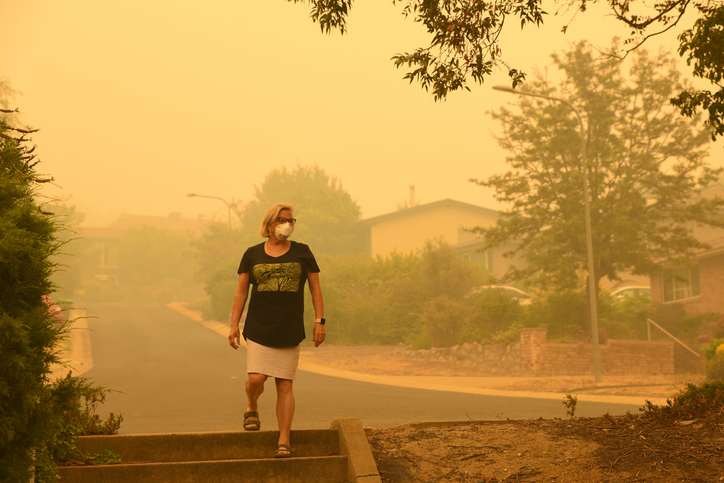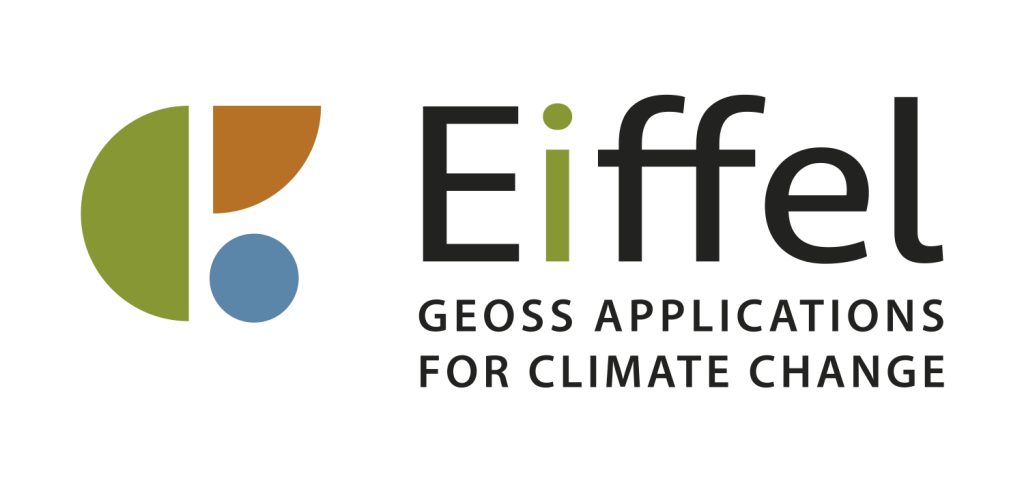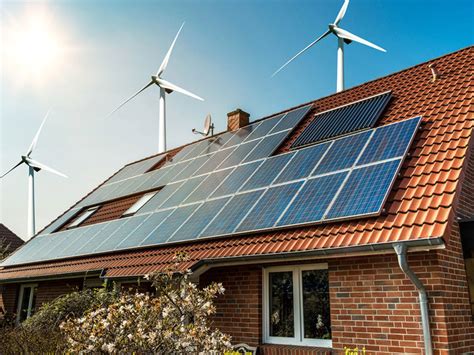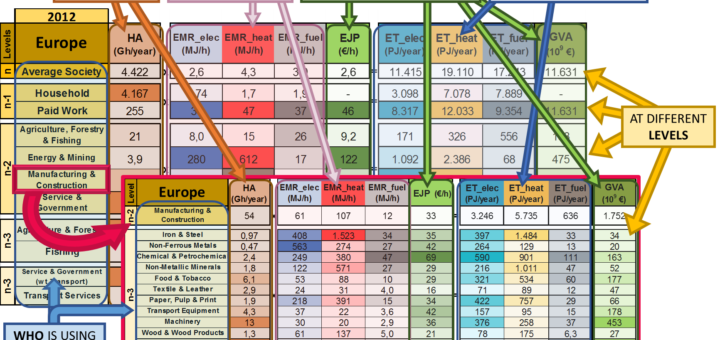New study on the impacts of wildfire emissions on fine particle air pollution in the western US until the end of the 21st century, under different climate change scenarios.
This work highlights the fact that when committing to a particular level of future warming, we are also committing to a particular level of fine particle air pollution. This has to be taken into account when considering mitigation and adaptation strategies.
Sustainable cities and communities
EIFFEL H2020 project offers the EO-based community the ground-breaking capacity of exploiting existing GEOSS and external datasets, with minimal new data collection activities. Added-value services interoperable with GEOSS will be designed, using cognitive search and metadata augmentation tools based on Artificial Intelligence (AI), including Natural Language Processing. These tools will leverage advanced cognitive features to extract meaningful information from and enrich GEOSS metadata.
ROLES is identifying how European city-regions can accelerate decarbonisation through digitalisation of energy infrastructure. The UK case study focuses on solar neighbourhoods, researching how digitalisation, decentralisation and the rise of prosumers (producer-consumers) can assist the rollout of solar energy.
A recent paper in the journal Energy Research & Social Science by MAGIC researchers Ansel Renner and Mario Giampietro (Universitat Autonoma de Barcelona) presents a novel approach to the responsible use of […]
‘Green Lights Program,’ established in 1996, was to promote energy efficiency in lighting due to expected increased demand for the electricity system in China and resulted in environmental and economic benefits. The program’s success can be attributed to five key factors discussed in this paper.
Covid-19 has particularly impacted mobility due to a fall in transport activities. If this fall is to continue is uncertain and what the implications on policy are. However, post-COVID recovery offers a critical policy window for managing adverse effects on energy demand. Strengthening and countering policies for impacts from COVID-19 are discussed and what impact this has on mobility and homes.
Individual behaviour could also play a crucial role in reducing greenhouse gas emissions. This research explored the impact a range of behaviour changes across mobility, food, heating, leisure, and waste would have on Greenhouse Gas emissions. The results show that individuals’ moderate to rigorous behaviour change in the EU could reduce per capita carbon footprint by 6-16%. Three behavioural profiles were used to estimate emission impact from changes in behaviour: Enthusiast, Conscious and Convenient profiles. The benefits from behaviour change would be significant emission reductions and a variety of co-benefits for public health, land use, and regional ecology.
Researchers take a critical look at the use of energy efficiency indicators in energy policy and state the strategy of energy efficiency to save energy is very simple. However, efficiency is problematic to implement. Oversimplification of efficiency measurements can have a detrimental effect on the choice of energy policies. Proposed method unpacks and structures energy input and output information in a meaningful and transparent way by generating a rich multi-level and multi-dimensional information space.
A significant proportion of Eastern Africa is a relatively poor with a predominately rural population and lack access to modern energy services. Reliance on traditional biomass has created severe problems for both the environment and the health of the population: improved access to cleaner fuels would solve this and achieve multiple policy goals. The Global Change Assessment Model (GCAM) is utilised to simulate future scenarios. The study suggests the optimal subsidy policy implementation and recommendations.
Achieving a decarbonised electricity sector is difficult, the main problem lies in integrating new energy sources e.g. Renewable Energy Sources (RES) into existing energy systems. This research is focused on achieving a decarbonised electricity sector in Greece and include both generating and storing clean energy at the local level. The DREEM model was calibrated for the case of Greece and simulated for 3 scenarios. Resulting with 2 policy scenarios.










